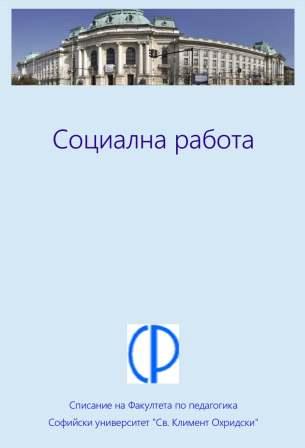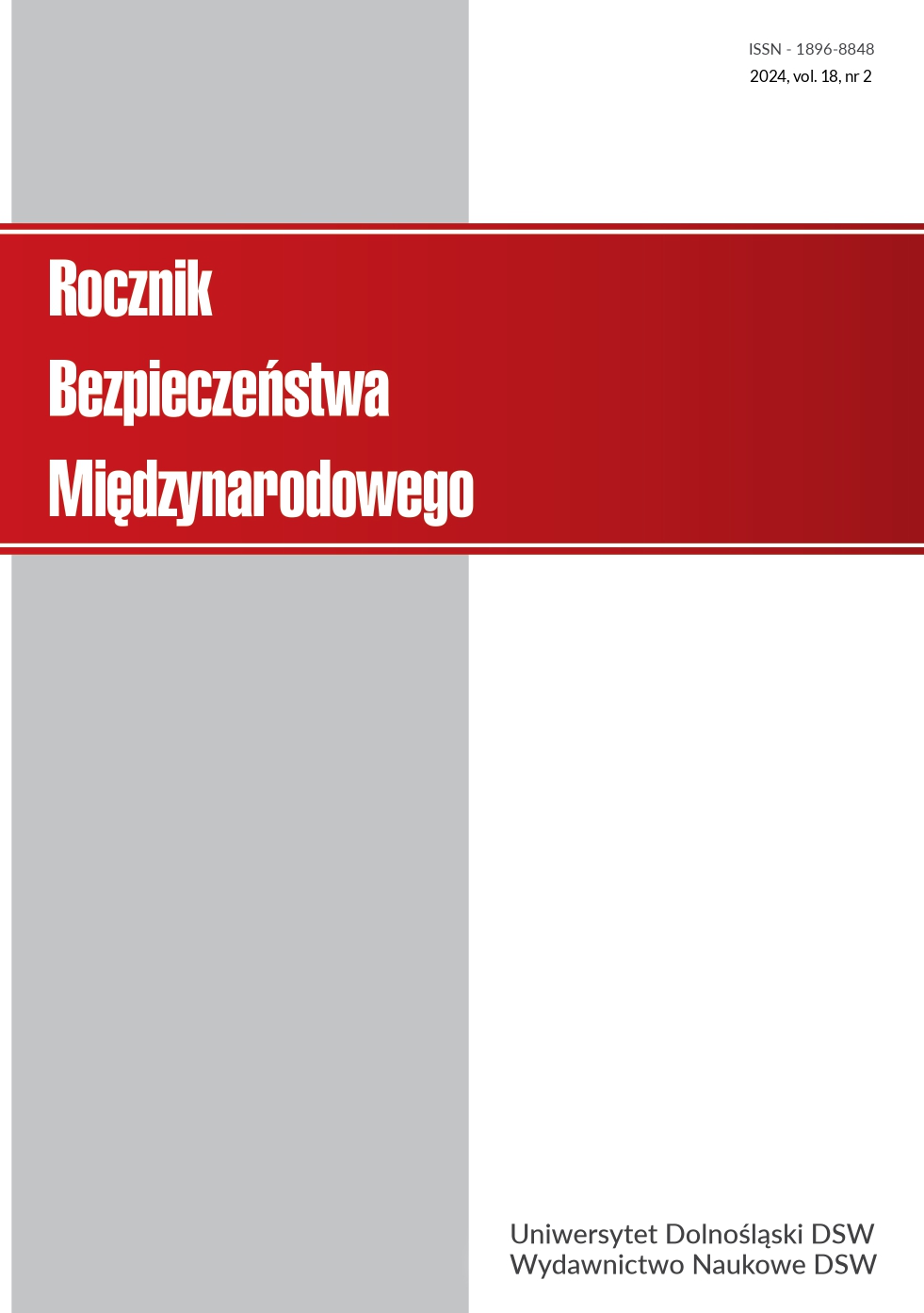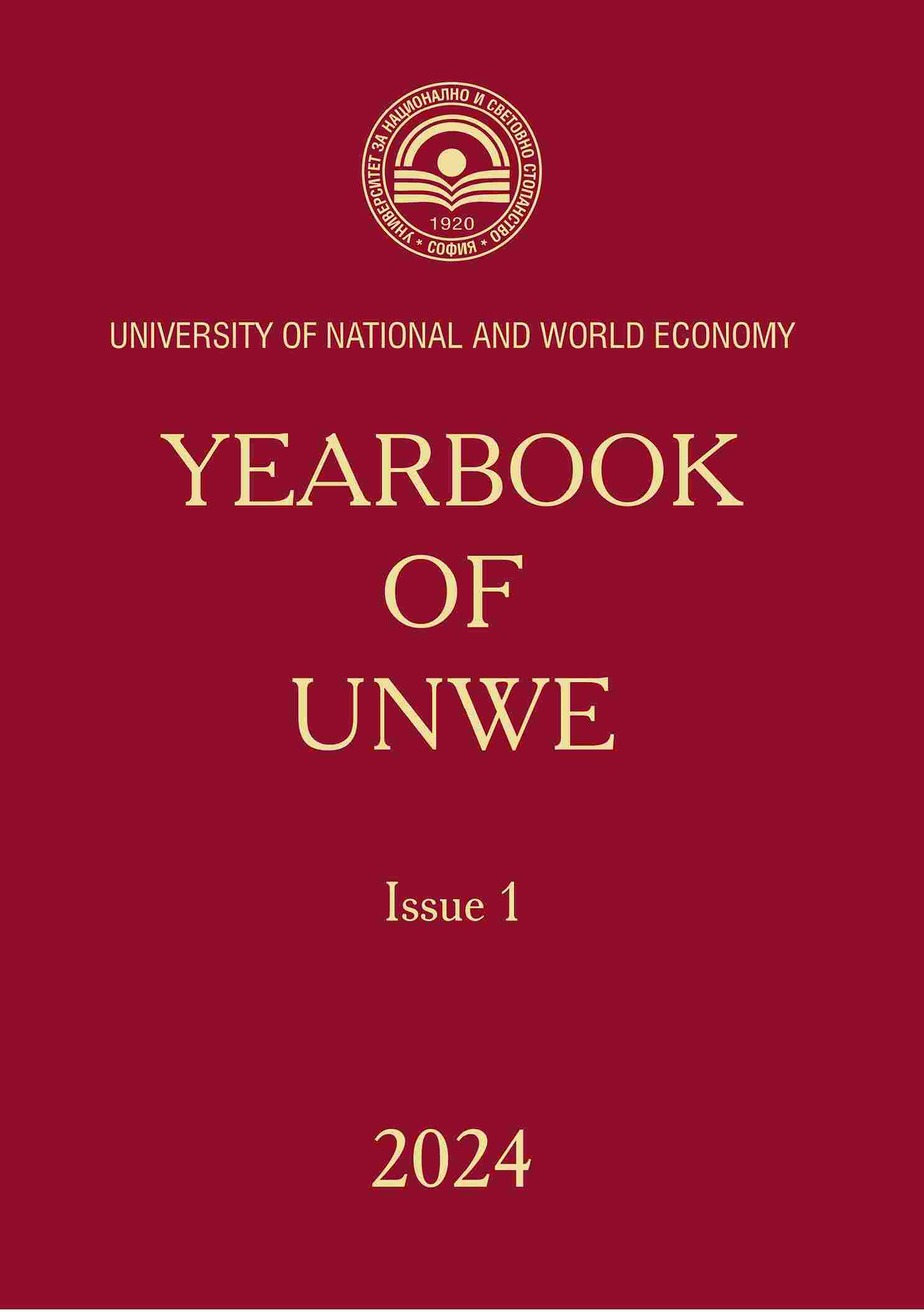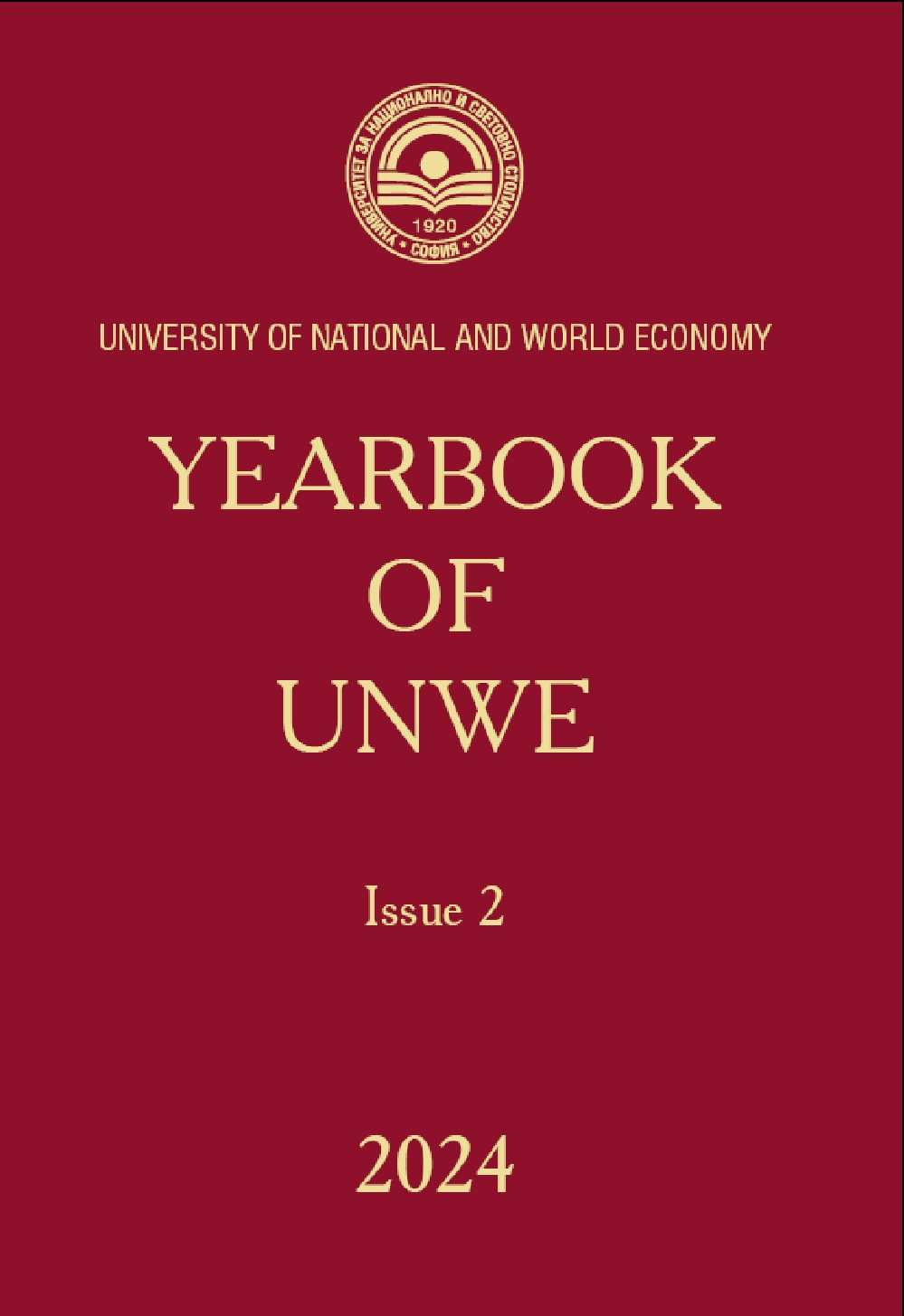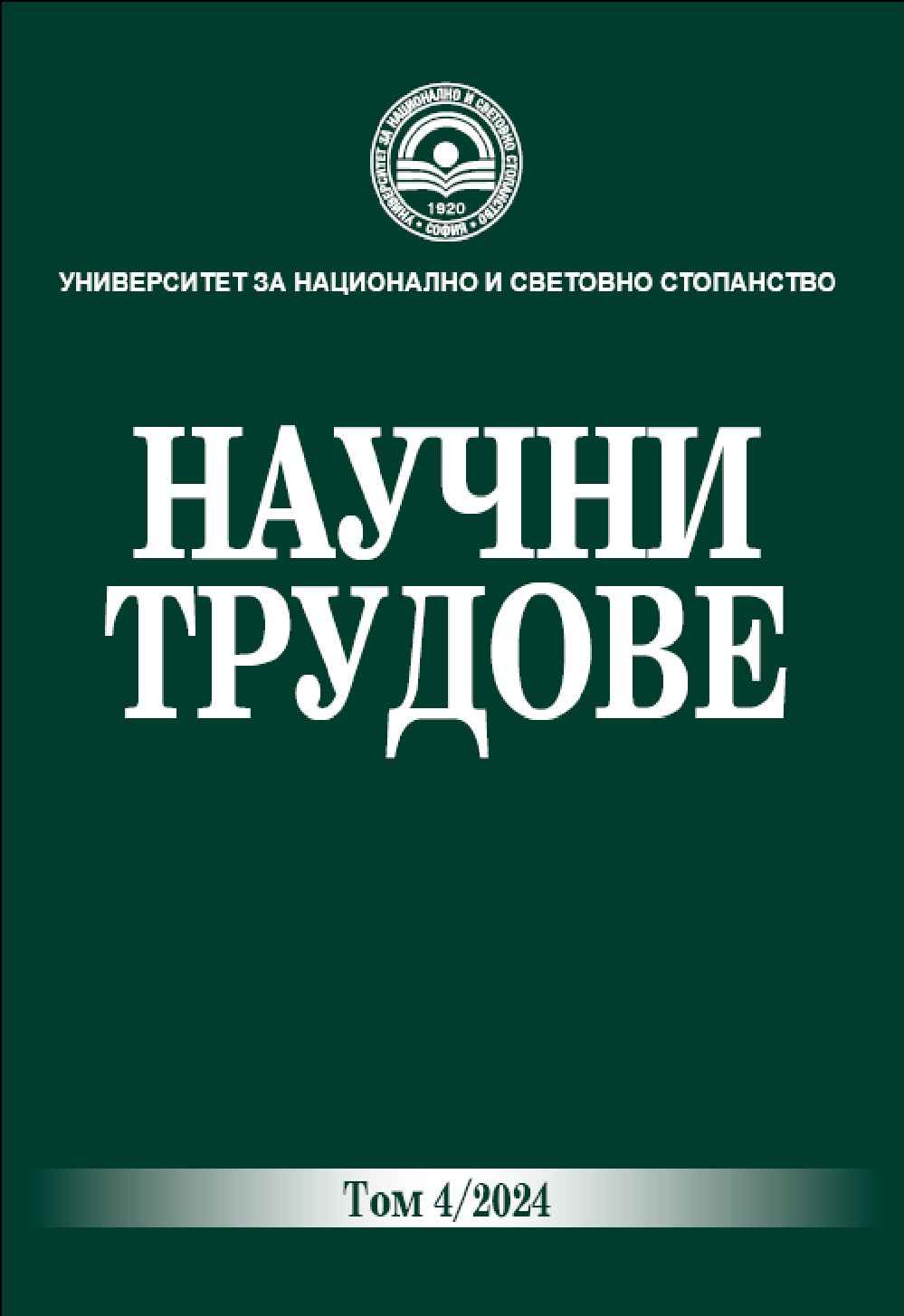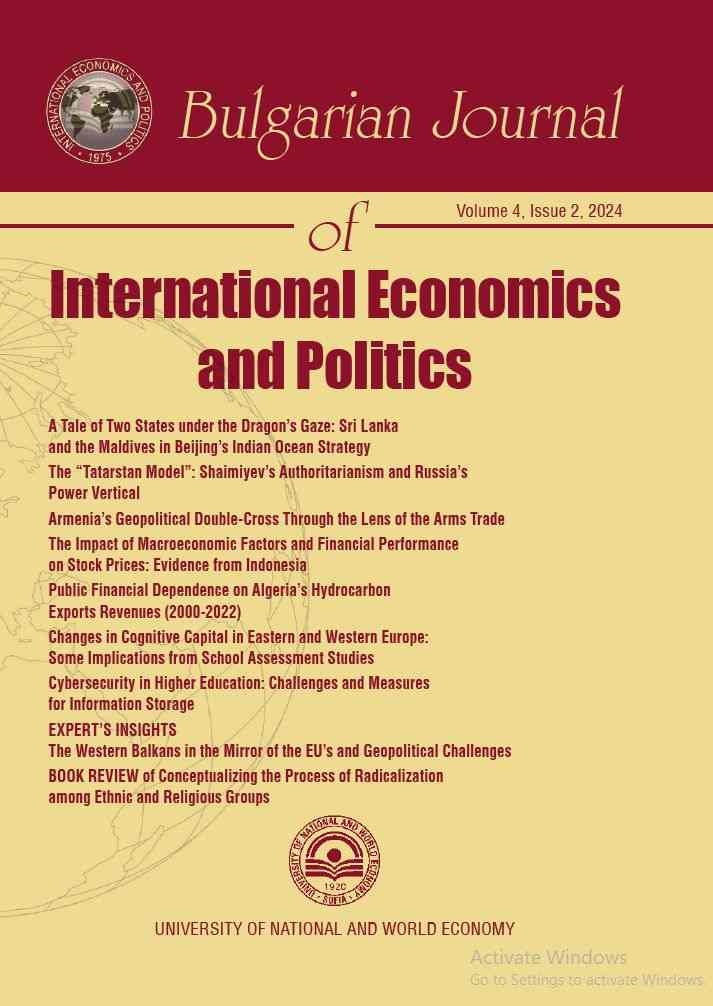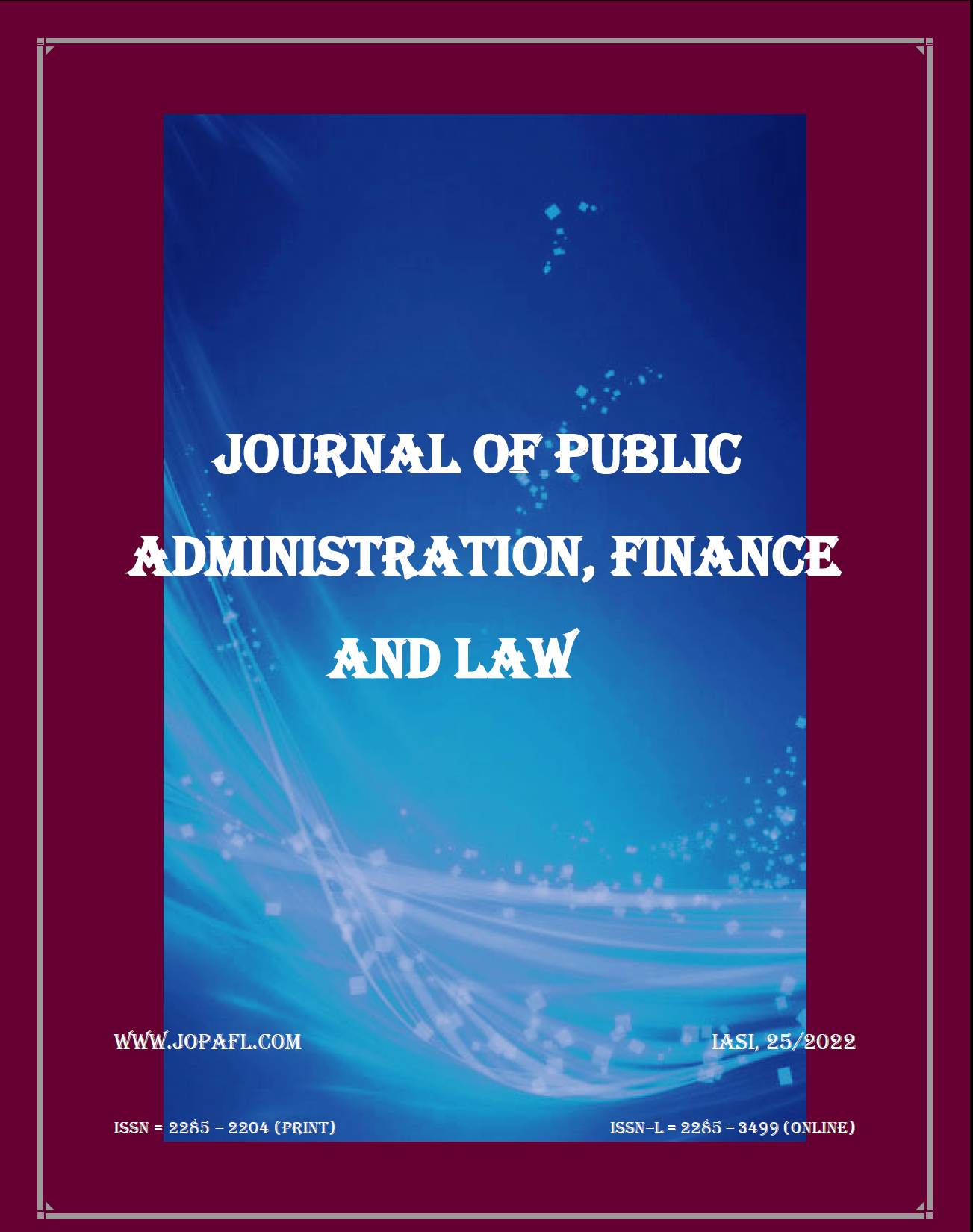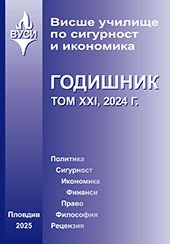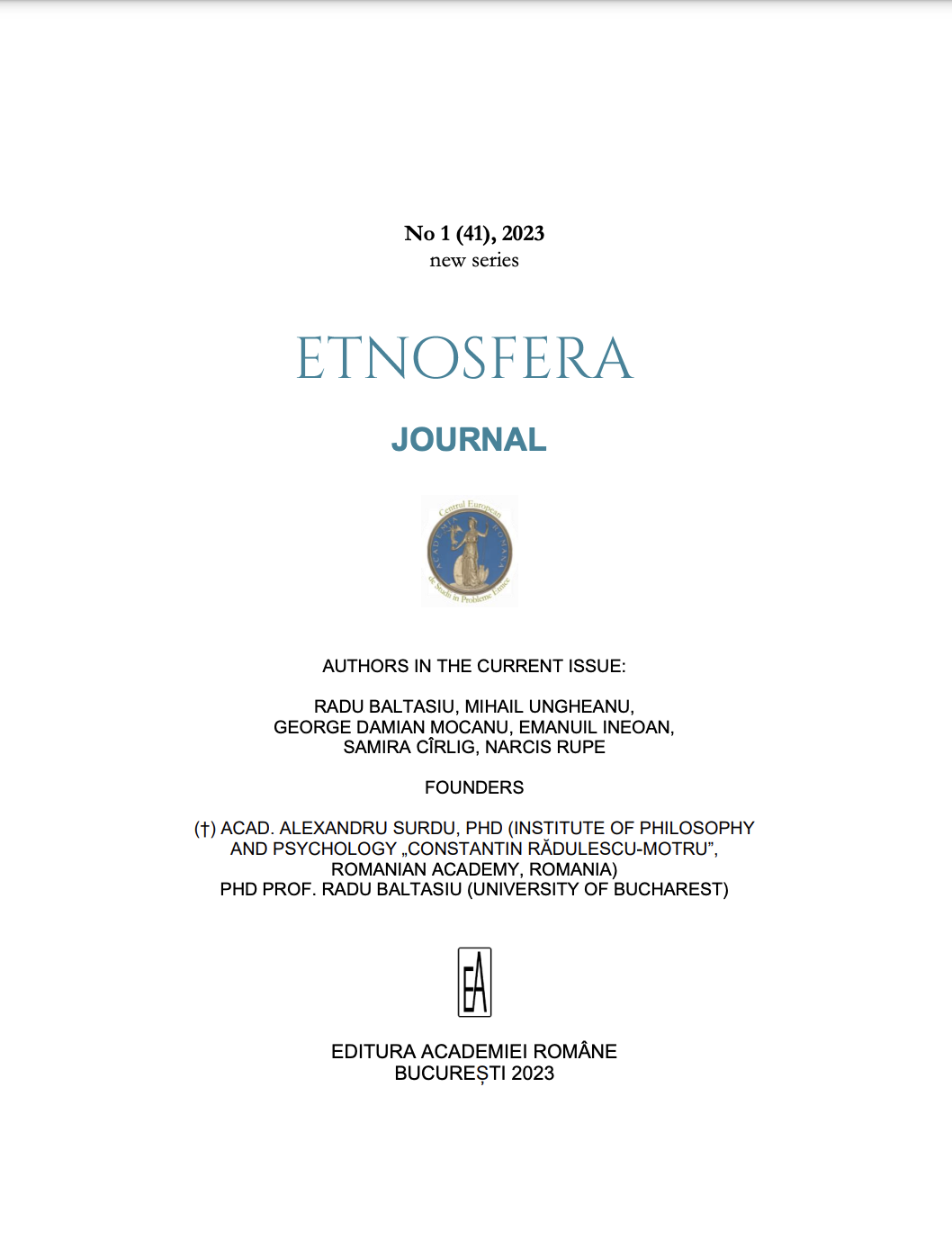
Between the icon and the system. Considerations on the world order. A short review of Sorin Dumitrescu’s short study “The fight between the icon with the system”
The current review is about the field of sociology of the state adding the metaphysical dimension to it: the Icon. There is a tension between the power of the unseen and the power of state as an institution of force. The Icon is the symbolic component of the Iconic Act of Creation. The Icon is imprinted on wood and in everybody as the Face of God, and it is through the martyrs that we remember this. The System, as the ideal type of managing a fallen world, is not per se bad. It becomes so through idolatry.
More...
